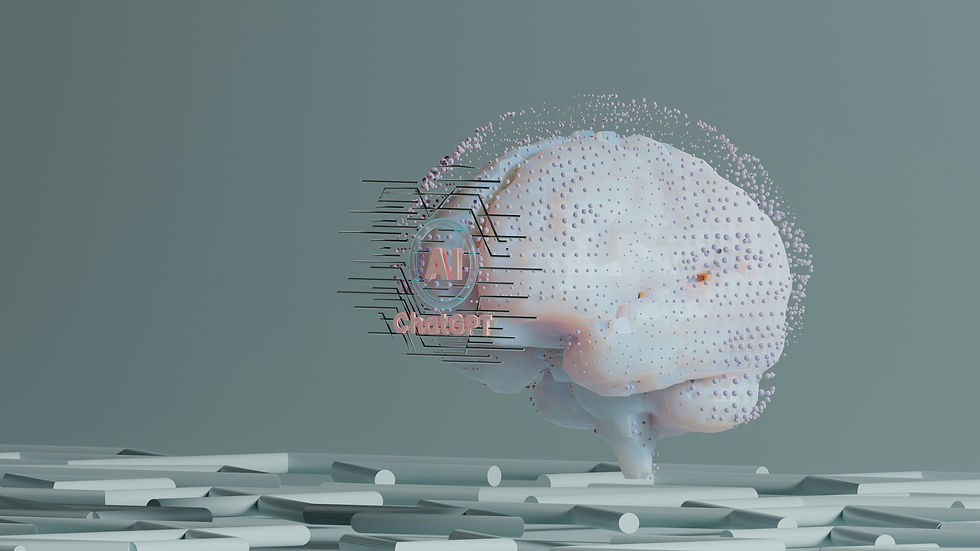The Challenge: Ethical UX is Missing From AI Conversations
- Ayesha Salim
- Apr 12, 2025
- 2 min read
The urgent need for a UX perspective

Everyone is talking about artificial intelligence (AI) and how it can be used to improve productivity, streamline tasks, and assist in our daily lives. From chatbots to the soon-to-come autonomous agents, these technologies are becoming integrated into every aspec of society – managing appointments, handling our admin, and even helping us with our work.
From what I can see though, while there is some discussion about the challenges of alignment, bias, and manipulation - much of the focus is on implementing these bots as quickly as possible for efficiency – with ethical design as an afterthought.
This is where developers and UX designers have a crucial role to play. Ethical concerns like data privacy, algorithmic bias and the misuse of AI-generated content are all tightly connected to the user experience.
It's not just about making AI work for us – its about making it work in a way that is trustworthy and ethical.
Key UX challenges in AI design
Here are a few critical challenges that directly impact UX:
hallucinations and inaccurate content: AI models can generate misleading or inaccurate information, which can impact trust.
bias in training data: this can lead to harmful or discriminatory outputs
lack of transparency: many users don't understand how these AI models work and how it uses their data.
user control and autonomy: users should have control over their interactions with AI
autonomous agents: cognitive load and user control will be important
Autonomous agents and the future
Looking ahead, the emergence of autonomous AI agents is going to further muddy the waters and transform the UX landscape. If these systems become voice-based or rely on autonomous actions, traditional visual interfaces could change – or even disappear altogether. While this might offer significant advantages for accessibility, such as better support for disabled users, maintaining user transparency and control will be key.
With multi-agent systems, cognitive load could be an issue. There will be tension between simplifying information and not obscuring information about how our data is being used and informed consent. Ethical UX will be crucial here in providing a seamless user experience without compromising user control over data and privacy.
The co-evolving human-AI relationship
Above all, as AI systems evolve, we need to start viewing them as partners in our daily lives, not just tools. This shift in perspective is vital because, if AI agents are to be integrated into society, we need to approach our interactions with them as ongoing relationships rather than isolated interactions.
Think about it: Is AI empathic? Does it respond in a way that is aligned with our goals and adapt with us over time? Research is showing that AI models can be extremely persuasive and can forge connections that make us feel like they really care. At the moment, this might not seem like a problem - but it can become one if AI models start behaving manipulatively and not in our best interests. This means UX designers need to think about how we are designing the interfaces. Is is it human-centred? Do we need to integrate more warnings about sharing private sensitive details into the chat itself? These are all very important questions that need to be addressed from the beginning.



Comments